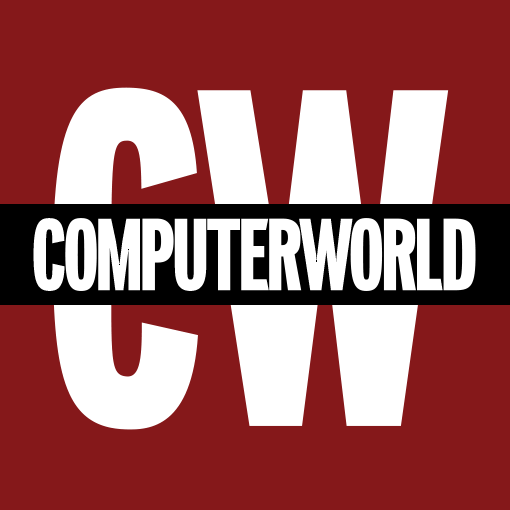About SecurityFeeds

Tim Weil is a Security Architect/IT Security Manager with over twenty five years of IT management, consulting and engineering experience in the U.S. Government and Communications Industry. Mr. Weil's technical areas of expertise include IT Security Management, Enterprise Security Architecture, FISMA Compliance, Identity Management, and Network Engineering. Mr. Weil is a Senior Member of the IEEE and has served in several IEEE positions.



